AUGUSTA —Several new initiatives supported by a Facebook grant are underway in the city as officials work to expand opportunities for people to vote and learn about their options ahead of the Nov. 3 general election.
Residents will be able to register to vote, and vote absentee in person, as late as 6:30 p.m. for a few evenings prior to the upcoming election. City officials also plan to close both Augusta City Center and Cony High School, which are two of the city’s four voting locations, to all business not related to voting on Election Day. The move is intended to free up capacity at both those buildings for voters to access the polls.
The city is also running a series of videos produced for it by a marketing firm and posted on social media as well as on the city’s website, explaining where and when residents can vote and the different ways, including absentee, they can do so.
Augusta Mayor David Rollins, appearing in one of the videos holding a basketball, details the several options for casting a ballot, saying it’s all part of “a winning game plan to make sure your voice is heard.”
In addition, officials will set up heated tents outside City Center on Election Day to provide cover from the weather in case residents lined up to vote have to wait outside before their turn at the polls comes up.
It’s all intended to try to make it easier and safer for residents to vote amid the challenges and safety concerns posed by the ongoing pandemic.
Most of it is being paid for out of nearly $210,000 in funds the city recently, and unexpectedly, received from a nonprofit group that is doling out some $250 million to municipalities nationwide. The nonprofit is using a donation from Facebook co-founder Mark Zuckerberg and his wife, Priscilla Chan, who have said they gave the money to help municipalities provide safe accessible voting during the coronavirus pandemic.
The city clerk’s office has stayed open until 6:30 p.m. a few times already, and will remain open that late on Tuesday, Wednesday and Thursday specifically for residents to register to vote and cast an absentee ballot in person at Augusta City Center.
Officials in Augusta and elsewhere are urging anyone with concerns about potentially risking exposure to the coronavirus on Election Day Nov. 3 to vote before the election, by absentee. The number of people allowed into City Center at any one time, due to the coronavirus pandemic, is restricted, and anyone entering the building, to vote or otherwise, is required to wear a mask and follow social distancing procedures.

Augusta Mayor David Rollins explains in a promotional video the various options for voting in the city, including bringing an absentee ballot to the city Post Office, background. Courtesy of City of Augusta
“It’s a very safe experience,” City Manager William Bridgeo said of voting in person before the election. “Between now and Election Day, any voters can come in and register and they can immediately vote. And if folks are at all concerned or nervous about voting on election day, then they should take advantage of this opportunity.”
Bridgeo said voters who can’t, or won’t, wear a mask can be accommodated by either being mailed a ballot and voting by absentee, or a city worker will give them a ballot through a window setup for that purpose at City Center.
As of Thursday, Augusta had already sent out more than 6,000 absentee ballots, almost enough ballots for one half of the city’s roughly 14,000 registered voters. Bridgeo said in the 2016 presidential elections about 9,100 total votes were cast, with about 3,400 of them by absentee.
Videos produced for the city under a contract with Augusta-based Marshall Communications feature the likes of Mayor Rollins, Deputy police Chief Kevin Lully, Augusta Downtown Alliance Executive Director Michael Hall and others describing the various ways residents can vote in Augusta.
“Are you ready to vote? After all the campaigning, debates, and endless advertisements, now is your chance to have your voice heard,” Rollins said in an approximately two-and-a-half-minute video presentation. “But like everything in 2020, it’ll be a little bit different.”
Rollins then describes the various ways residents can vote: In person at City Center from now until Oct. 30, by mailing an absentee ballot with 55 cents postage by Oct. 27, or by dropping off an absentee ballot in a secure ballot box outside City Center. And finally, voters can come in person on Election Day, from 7 a.m. to 8 p.m. at the city’s four ward polling locations of Augusta City Center, the Augusta Civic Center, Cony High School and Augusta State Armory.
Bridgeo said he recently signed a contract with Marshall Communications to expand the city’s existing arrangement, for public relations services, to expand the scope of its work to put out educational and information materials to residents before the election. He noted the videos and other advertising materials are all meant to be nonpartisan and encourage residents to vote, without telling them who to vote for. He said the work will cost up to $50,000.
The cost of hiring staff to work the extended hours in the clerk’s office, the expanded work by Marshall Communications, an increase in pay for poll workers, and the rental or purchase of tents and heaters for Election Day will all be covered by the nearly $210,000 the city recently received from the Center for Tech and Civic Life, a Chicago-based nonprofit group.
Bridgeo said it’s unlikely the city will spend all the grant funds, and it will return any funds meant for the election that aren’t spent back to the nonprofit. He guessed the city will likely spend somewhere between $50,000 and $100,000 of the funds.
City Center and Cony High School will be closed to any other business not related to voting on Election Day. Bridgeo said that is to allow as many voters to be in those buildings as possible on Election Day. Other city services normally provided at City Center will be suspended for the day. And Cony students won’t have in-person classes that day.
City officials were initially concerned Augusta would not have enough poll workers to cover all four of the city’s wards. But Bridgeo said since word spread about the lack of help, people have stepped up and he anticipates the city will have enough poll workers.
Additional workers will also be at the polls, paid for with the grant funds, to clean the voting booths between uses as part of efforts to prevent the spread of the coronavirus.
Send questions/comments to the editors.


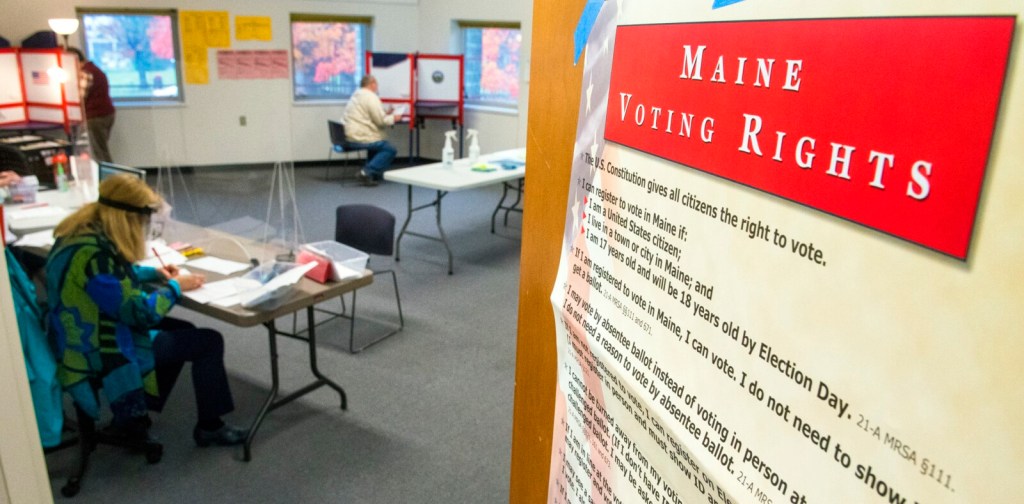
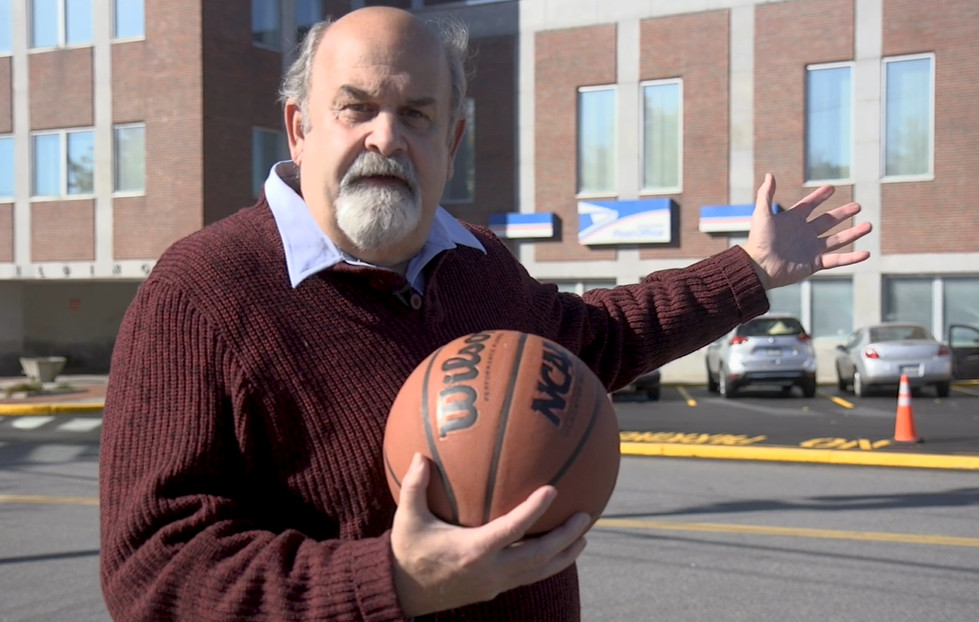
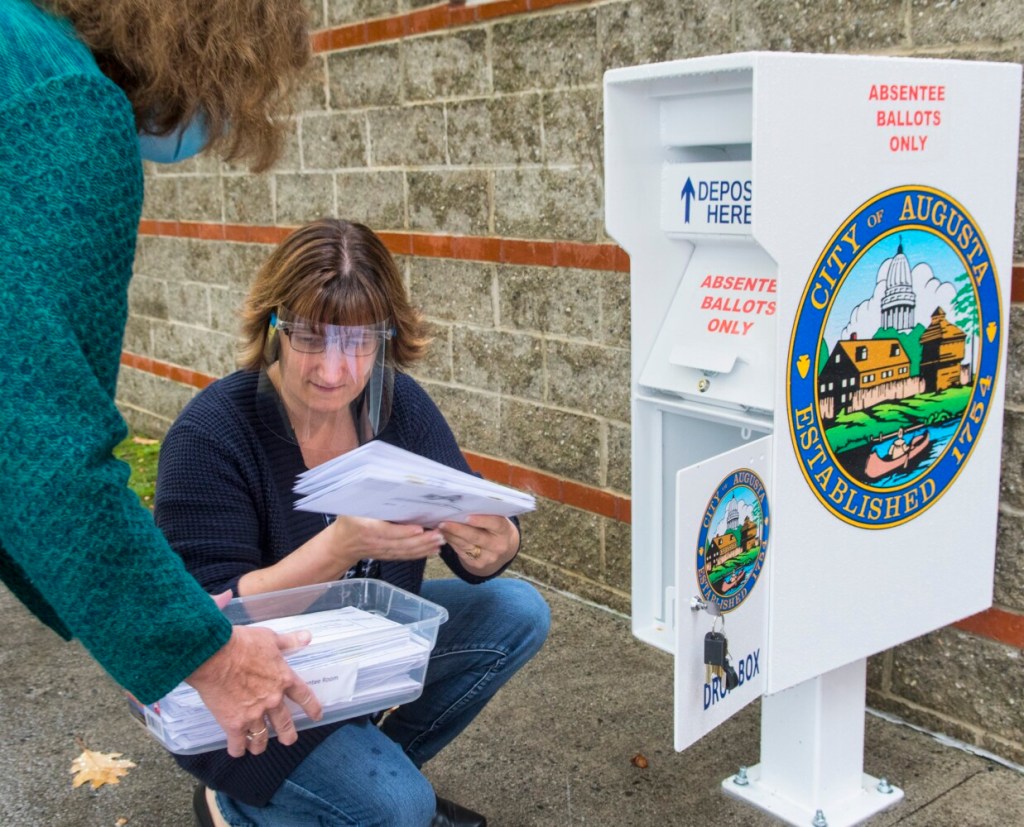
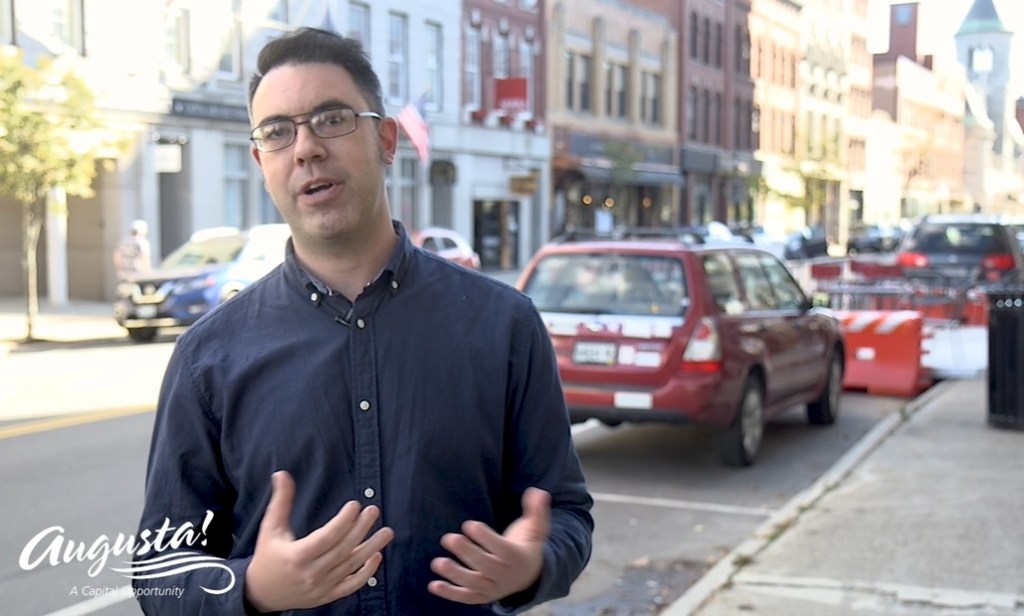
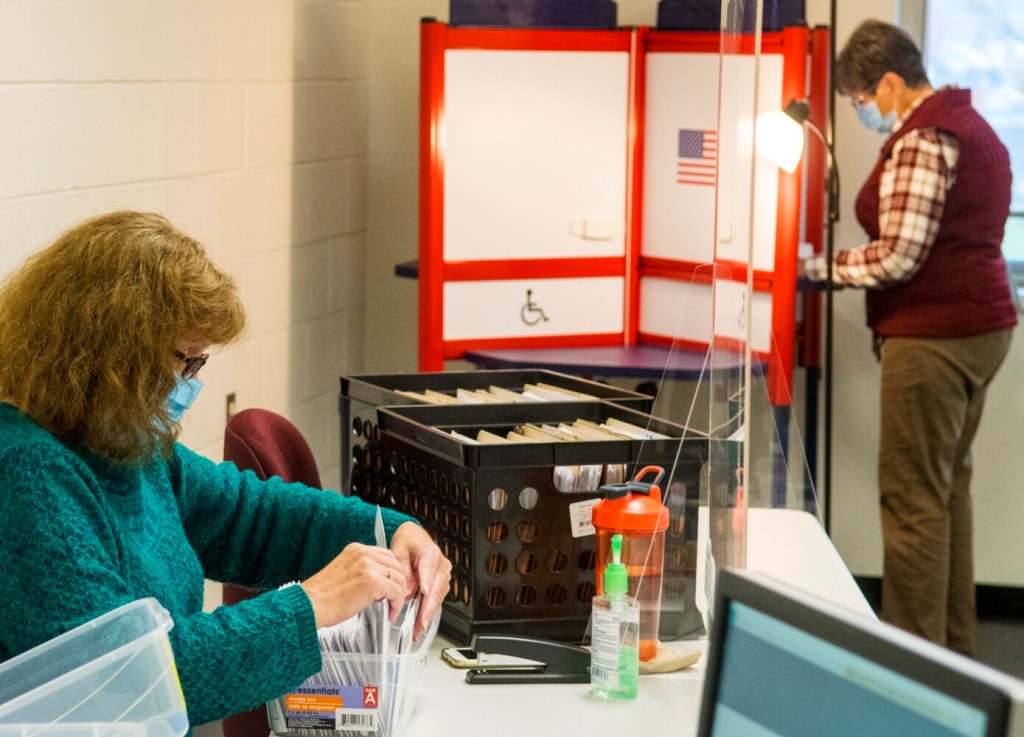

Success. Please wait for the page to reload. If the page does not reload within 5 seconds, please refresh the page.
Enter your email and password to access comments.
Hi, to comment on stories you must . This profile is in addition to your subscription and website login.
Already have a commenting profile? .
Invalid username/password.
Please check your email to confirm and complete your registration.
Only subscribers are eligible to post comments. Please subscribe or login first for digital access. Here’s why.
Use the form below to reset your password. When you've submitted your account email, we will send an email with a reset code.